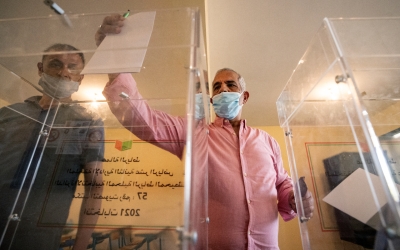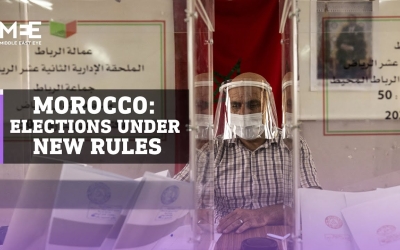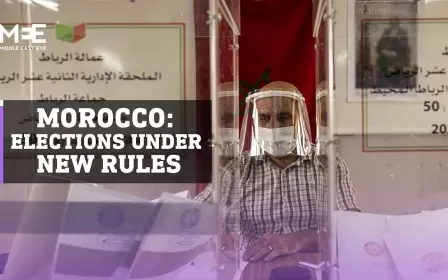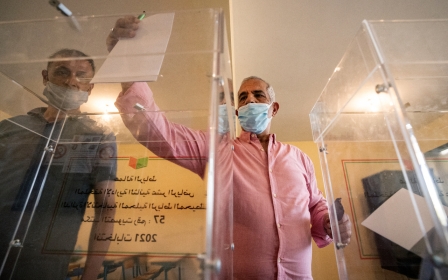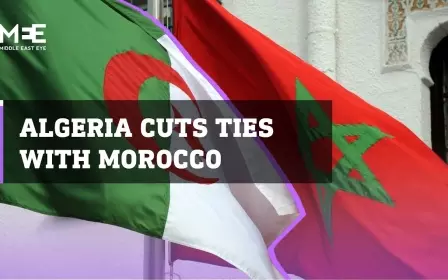Morocco: Ruling party suffers crushing electoral defeat to liberal rivals
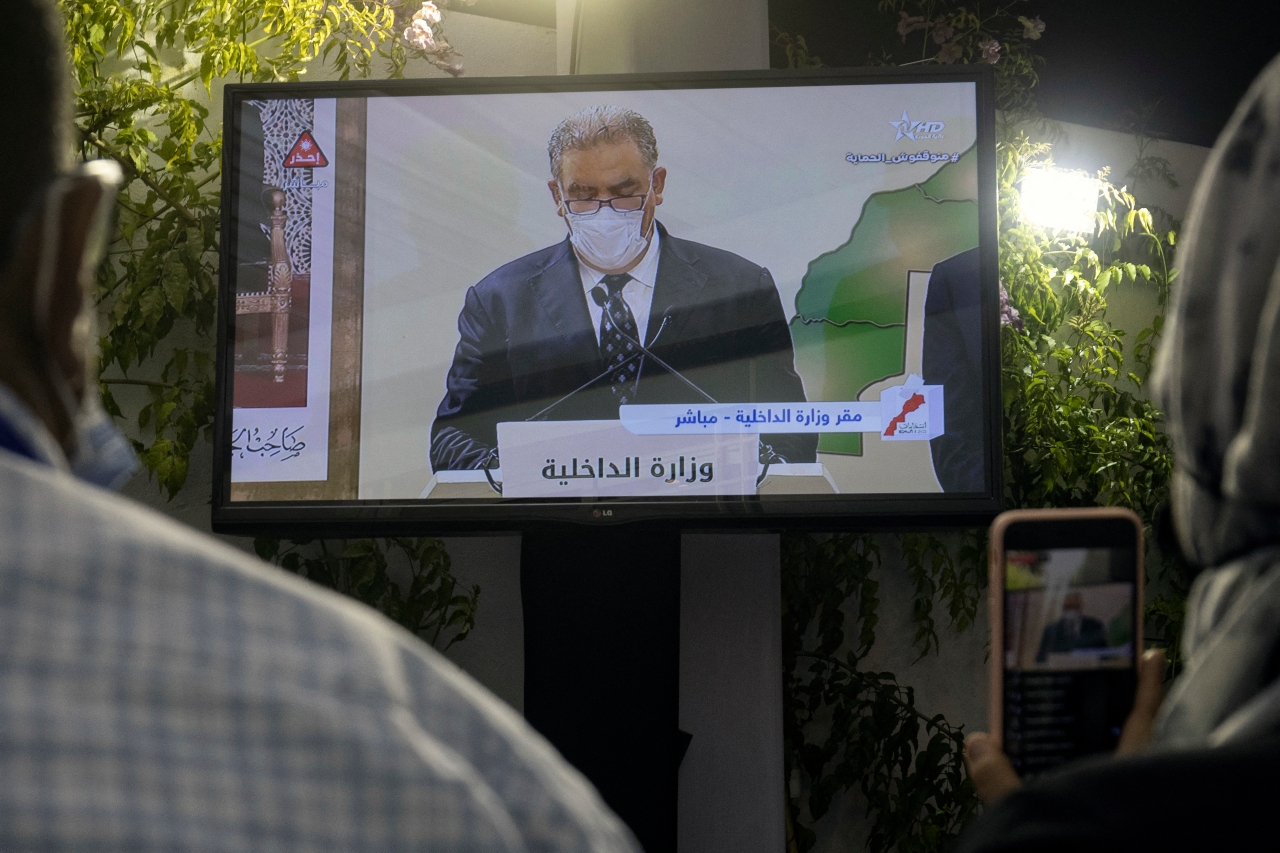
Morocco's long-ruling Justice and Development Party (PJD) has suffered a crushing defeat in parliamentary elections to liberal parties seen as close to the palace, according to provisional results announced early on Thursday.
The moderate Islamist PJD, which headed the ruling coalition for a decade, saw its support collapse from 125 seats in the outgoing assembly to just 12, Interior Minister Abdelouafi Laftit said during a news briefing following Wednesday's polls.
The National Rally of Independents (RNI), led by billionaire agriculture minister Aziz Akhannouch, came first, after taking 97 seats in the 395-seat parliament, followed by the Authenticity and Modernity Party (PAM) with 82 seats, and the conservative Istiqlal, with 78 seats.
The results show a massive turnaround in fortunes, as the RNI only won 37 seats at the last election in 2016.
Morocco is a constitutional monarchy where the king holds sweeping powers. He picks the prime minister from the party that wins most seats in parliament and appoints key ministers.
The palace also sets the economic agenda for the country of 37 million people, and has commissioned a new development model that the new government will be asked to implement.
The monarchy's dominant role means political parties put forward similar platforms focusing on education, health, employment and social welfare.
New voting system
The RNI was a junior member of the governing coalition, with its ministers controlling the key economic portfolios of agriculture, finance, trade and tourism in the outgoing government.
The main opposition PAM was founded by the current royal adviser, Fouad Ali El Himma, in 2008. Istiqlal, the oldest party in Morocco, made a remarkable comeback, adding 32 seats.
The magnitude of the Justice and Development Party's defeat was unexpected as, despite the absence of opinion polls, which are banned near election time, the media and analysts had believed the PJD would still take first place, AFP reported.
Ahead of the election, the PJD had complained that the country's new voting system had been introduced to specifically target the number of seats it could win.
A new amendment meant the allocation of seats was based on the number of votes cast as a percentage of registered voters, rather than simply as a percentage of votes cast, as is normal under most electoral systems.
Analysts had pointed out that no other country in the world allocates seats based on the number of registered voters, and that the new system would mean smaller parties would have a much greater chance to win seats than larger ones.
The final results should be known later on Thursday.
'Serious irregularities'
Swept to power in the wake of the 2011 uprisings around the Middle East and North Africa, the PJD had hoped to secure a third term leading a ruling coalition.
Despite having been the largest party since 2011, the Islamic-democratic party has failed to stop laws it opposes, including one to bolster the French language in education and another to allow cannabis for medical use, Reuters reported.
King Mohammed VI will name a prime minister from the party that won the poll to govern Morocco for the next five years, succeeding Saad-Eddine El Othmani.
Turnout was 50.35 percent, according to the interior minister, higher than the 43 percent at the previous legislative polls in 2016, but lower than the 53 percent during the 2015 local elections.
Further changes to the voting system meant that it was the first time Morocco's 18 million voters cast ballots in both parliamentary and local elections on the same day, in an effort to boost turnout.
In 2011, Morocco adopted a new constitution devolving many of the monarch's powers to parliament and the government.
However, regardless of who holds elected office, major decisions continue to come from initiatives of King Mohammed VI.
On Wednesday evening, the PJD alleged "serious irregularities," including "obscene cash handouts" near polling stations and "confusion" on some electoral rolls, with some voters finding they were not listed.
However, the interior minister said voting took place "under normal circumstances", apart from some isolated incidents.
'Admission of failure'
The short, largely lacklustre election campaign, with no big gatherings due to the coronavirus pandemic, had already been marred by accusations of vote buying.
The PJD and the RNI also exchanged heated barbs in the final days ahead of the vote. Former prime minister and PJD leader Abdelilah Benkirane attacked RNI leader Akhannouch in a fiery Facebook video on Sunday.
"The head of government must be a political personality with integrity who is above suspicion," he said.
Akhannouch retorted in an interview on Monday, saying the attacks were "an admission of failure" by his opponents.
Regardless of the result, political parties are expected to adopt a charter for a "new model of development" with a "new generation of reforms and projects" in the coming years, the king announced recently.
All parties are expected to sign up, regardless of who wins the election. The plan's major aims include reducing the country's wealth gap and doubling per-capita economic output by 2035.
Middle East Eye propose une couverture et une analyse indépendantes et incomparables du Moyen-Orient, de l’Afrique du Nord et d’autres régions du monde. Pour en savoir plus sur la reprise de ce contenu et les frais qui s’appliquent, veuillez remplir ce formulaire [en anglais]. Pour en savoir plus sur MEE, cliquez ici [en anglais].


